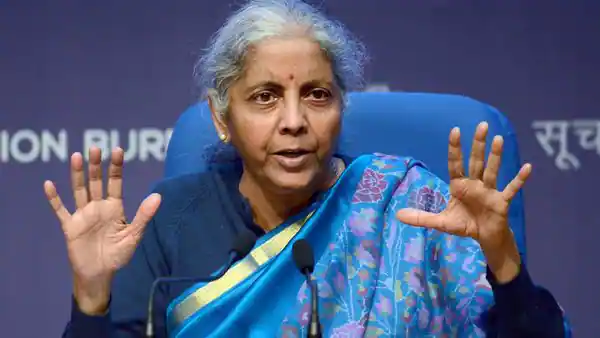The logistics industry has requested significant tax breaks, financial incentives, and a change to the inverted duty structure in the eagerly awaited Union Budget 2023.
The impending Union Budget 2023 will be the last full-year budget for the Narendra Modi administration before the 2024 Lok Sabha elections. The logistics industry has requested significant tax breaks, financial incentives, and a change to the inverted duty structure in the eagerly awaited Union Budget 2023.
“Logistics is one of the world’s most skilled industries, to the point where it is viewed as the cornerstone upon which all other enterprises are built. As a result, while talking about budget allocation, we must acknowledge how crucial it is to both invest in this industry and make sure that our investments are focused on things that are actually important.
Since logistics is an unstructured industry, we should plan investments in initiatives that will improve its organisation. For example, PM Gati Shakti has prioritised seamless multimodal connectivity to support efficient operations.
“We may expect the National Logistics Policy to be implemented, which will lower the cost of GDP from 14% to single digits. As one of the greatest carbon-emitting industries in the world, logistics has been targeted for investment in order to become carbon-neutral through the use of low-carbon fuels, electric scooters, and other comparable technology. In addition, we can anticipate spending Rs 2 lakh crore on port facilities to reduce logistical inefficiencies.
The year 2023 will mark the year when the logistics sector realises its full potential, according to the report.
By 2024–2025, India hopes to have a 5–10 trillion dollar economy and will be a major force in the world. The nation has been able to expand its export industry because to the government’s dedication to the WTO and the signing of numerous FTAs.
We think the government would take into account changing the inverted tariff structure across all industries that damage domestic manufacturing, as India’s exports and current balance are impacted by the weak external demand.
“With PM Gati Shakti and the National Logistics Policy in place, India is laying the groundwork for its rise to prominence as a centre for manufacturing worldwide. Given that the industry is expanding, we anticipate that the 2019 Union Budget will place a high priority on providing the manufacturing industry with significant tax benefits as well as incentives to support “Make In India” efforts.
“Since the government has already provided tax relief to corporations, we anticipate receiving at least a 50% income tax discount for the manufacturing sector. The tax breaks provided to LLPs, partnership businesses, and individuals will result in greater cash being disposed of, which will raise purchasing power and support economic growth.
“Finally, I think the next Union Budget will contribute to the GDP as a whole and boost employment possibilities in the wires and cables sector.”
“Budget 2023 affords our forward-thinking administration the chance to accelerate the growth of MSMEs, building on its proactive initiatives to improve the small company economy. First, by cutting the GST on input services like logistics and allowing refunds of accumulated input tax credits, the government may help e-commerce providers by increasing working capital. More than 2.9 lakh Meesho dealers who sell goods subject to a GST rate of less than 18% observed an accumulation of input tax credits totaling Rs 265 crore between April and November 2022.
“Second, implementing the GST relaxation rules for small internet enterprises as quickly as possible will enable millions of them to reach their full potential. Additionally, as the National Logistics Policy reduces ecosystem costs and strengthens distribution networks, the government could use the unparalleled reach of India Post and Indian Railways to assist our MSMEs in quickly and effectively meeting the growing e-commerce demand from small towns and villages, enhancing their competitiveness.
